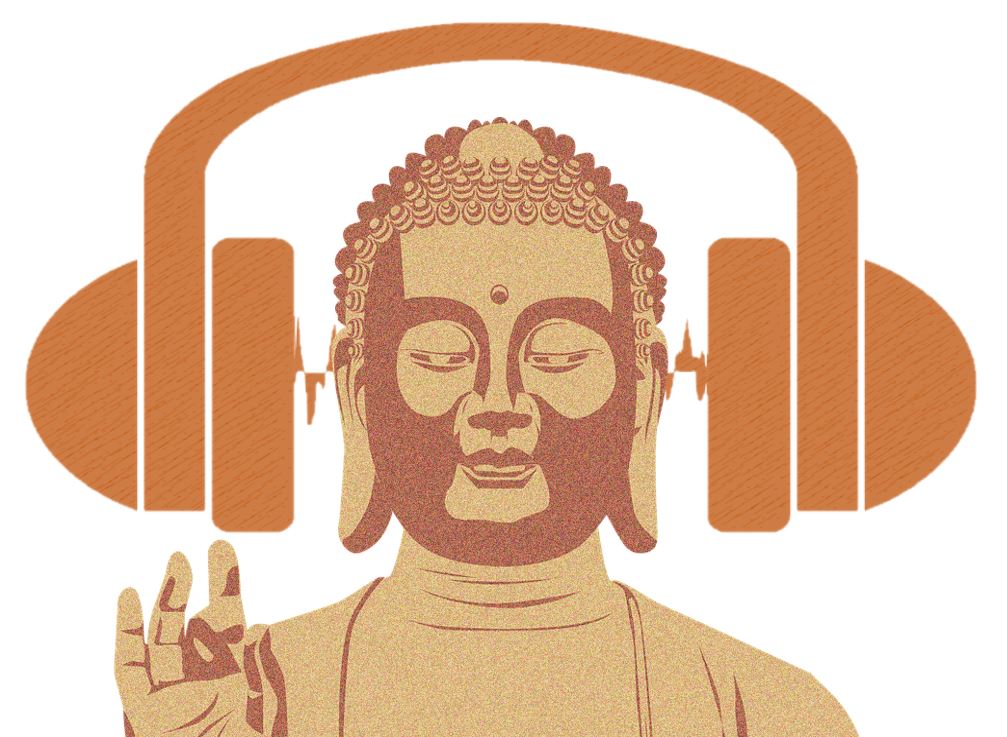
We are living through an incredible period, with impermanence being displayed in all its glory on a daily basis. Each day brings another jarring event, both sociologically, medically and personally. It’s truly revolutionary what’s taking place. The Buddha lived in revolutionary times as well, and there are some parallels which can provide guidance during these challenging times. How do we live lives of meaning when fear prevents us from socializing? How do we contend with those with whom we firmly disagree? How can we welcome others not just into our sangha, but into our lives? Essentially, we are looking for ways to create a kinder wiser society which is beginning to emerge from the current chaos. It’s a real revolution!
